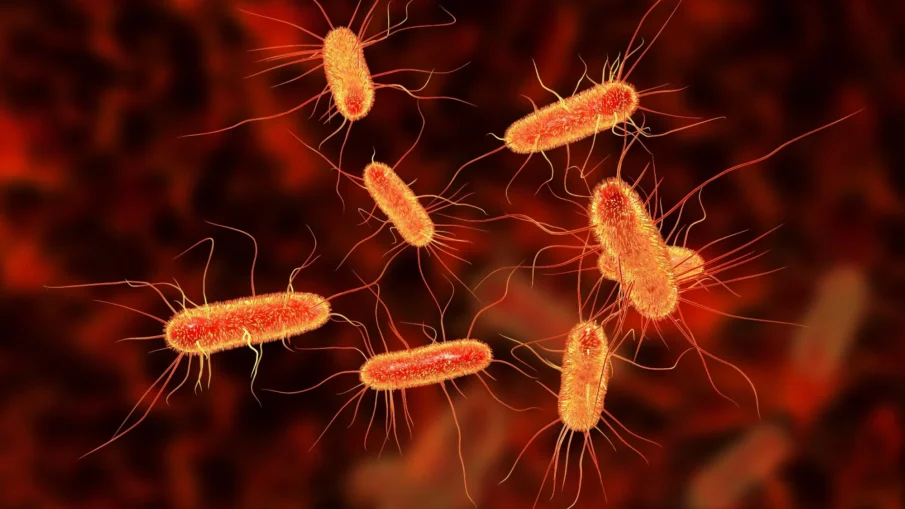Bacterial infections are diseases that can affect your skin, lungs, brain, blood and other parts of your body. You get them from single-celled organisms multiplying or releasing toxins in your body. Common bacterial diseases include UTIs, food poisoning, STIs and some skin, sinus and ear infections. They’re often treated with antibiotics.
Ways to reduce your risk of various types of bacterial infections include:
Get vaccinated: There are vaccines for many bacterial diseases, including tetanus, whooping cough, diphtheria and bacteria that cause certain forms of meningitis and bloodstream infections.
Practice good hygiene: This includes maintaining good hand-washing habits, wearing clean and dry clothes and not sharing personal items with other people.
Keep wounds clean: Breaks in your skin allow bacteria to get in. Clean and cover cuts or wounds in your skin.
Practice safe food habits: This includes storing food properly, heating meat and poultry to a temperature that kills bacteria and washing or peeling fruits and vegetables before eating.
Protect yourself from bug bites: Wear protective clothing, use bug spray and check yourself and your pets for ticks after being outdoors.
This Information are gotten from Cleave land clinics published on 20th September 2022. In conclusion, Anyone who thinks that they have a bacterial infection should talk with a doctor, especially if their symptoms persist or worsen as most bacterial infections resolve with prompt treatment and do not cause any further complications. However, untreated or improperly treated infections can become severe and may cause life threatening complications. Always contact your healthcare provider



